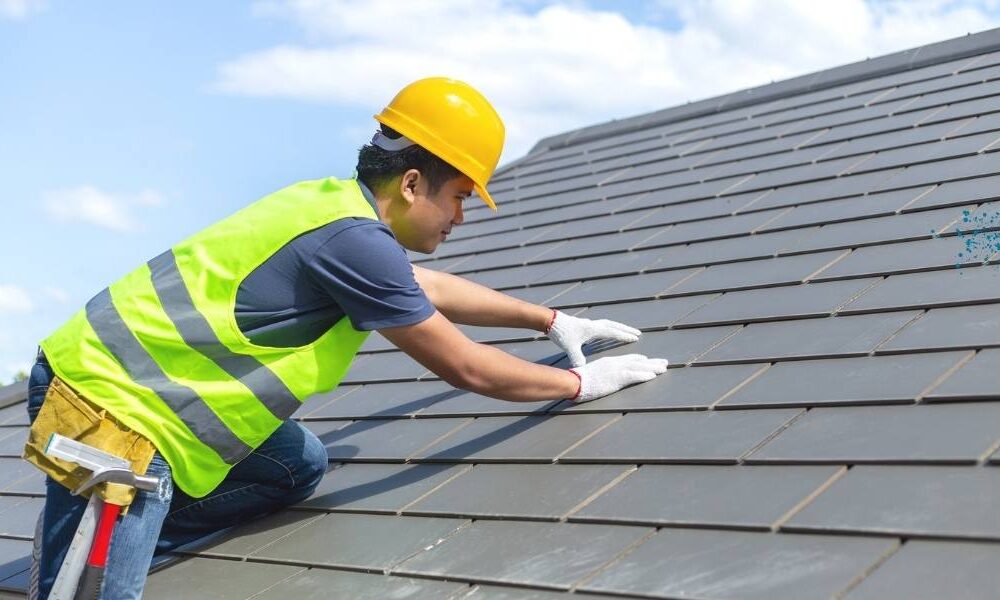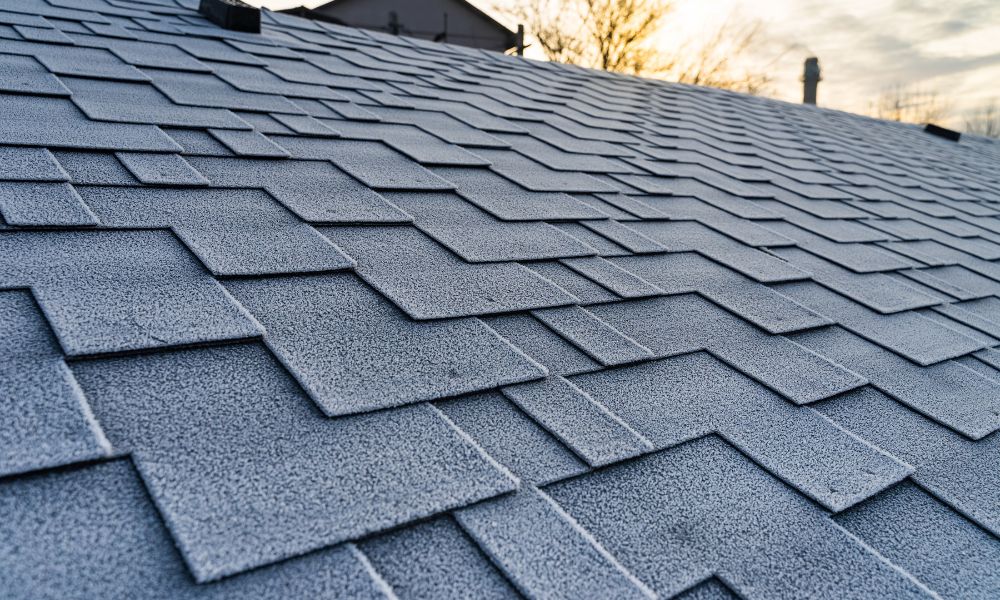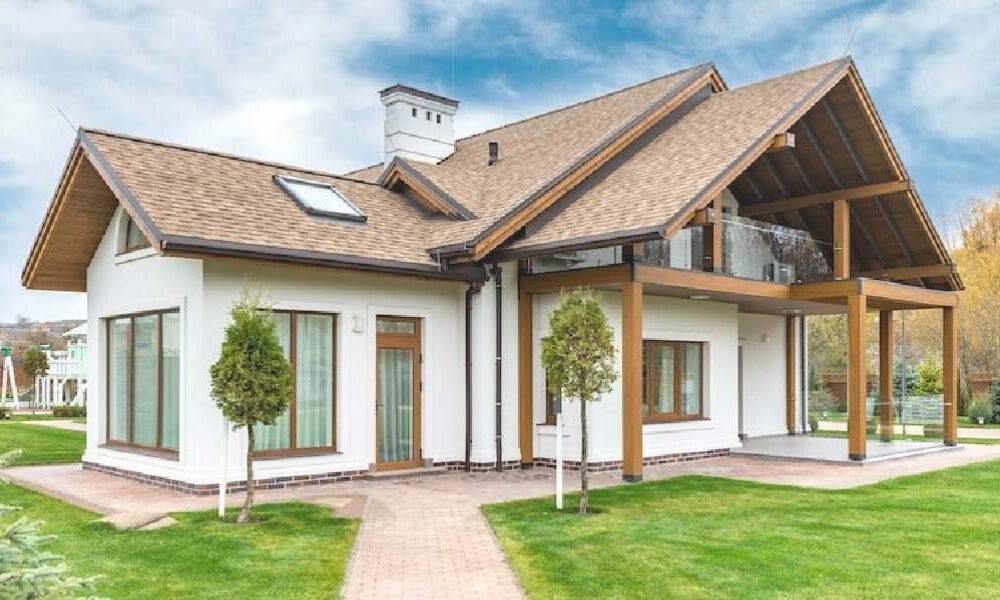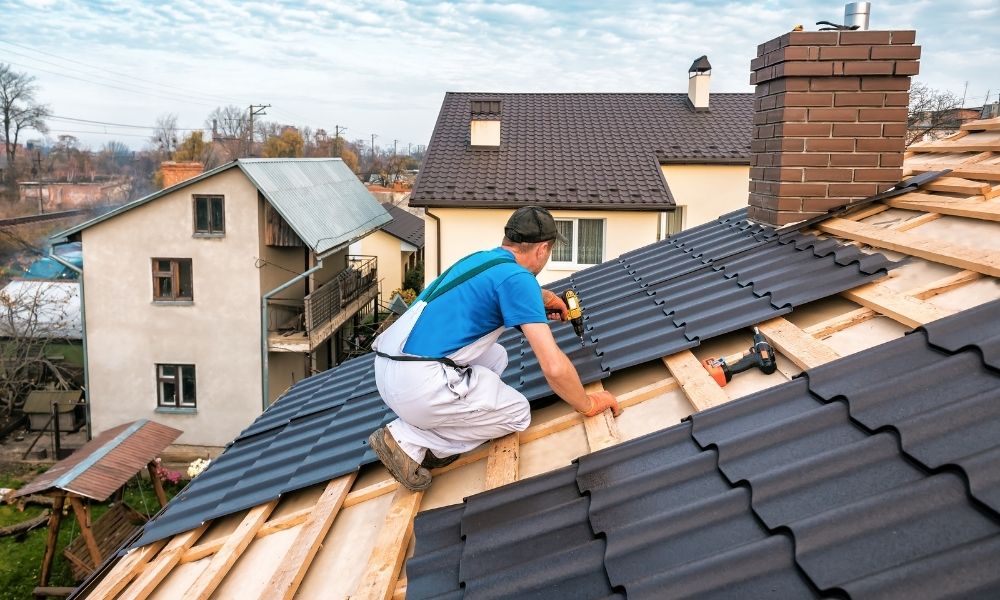Roofing technology has come a long way in recent years, with new innovations and advancements revolutionizing the industry. From energy-efficient materials to smart roofing systems, these cutting-edge technologies are taking roofs to new heights. In this article, we will explore some of the most exciting innovations in roofing technology that are going above and beyond to improve the performance, durability, and sustainability of roofs.
1. Solar Roofing
Solar roofing is one of the most significant advancements in the roofing industry. With the increasing demand for renewable energy sources, integrating solar panels directly into the roof has become a popular choice. Solar roofing not only generates clean and renewable energy but also acts as a protective barrier for the roof. This innovative technology allows homeowners to harness the power of the sun while reducing their dependency on traditional energy sources.
2. Cool Roofing
Cool roofing is designed to reflect more sunlight and absorb less heat than traditional roofing materials. This technology helps to reduce the temperature of the roof and the building below, resulting in lower energy consumption for cooling. Cool roofing materials are typically made of highly reflective surfaces or special coatings that enhance solar reflectance. By implementing cool roofing technology, buildings can achieve energy savings, improve indoor comfort, and contribute to the reduction of urban heat island effect.
3. Green Roofing
Green roofing is a sustainable roofing solution that involves covering the roof with vegetation and plants. This innovative technology offers numerous environmental benefits, including improved air quality, reduced stormwater runoff, and enhanced insulation. Green roofs act as natural insulators, reducing the need for heating and cooling. They also absorb rainwater, reducing the strain on stormwater systems. Additionally, green roofs provide a habitat for birds and insects, contributing to biodiversity in urban areas.
4. Smart Roofing Systems
Smart roofing systems utilize advanced sensors and technologies to monitor and control various aspects of the roof’s performance. These systems can detect leaks, measure temperature and humidity, and even adjust the roof’s slope based on weather conditions. By integrating smart roofing systems, building owners and facility managers can gain real-time insights into the roof’s condition, identify potential issues early on, and optimize energy efficiency.
5. Impact-Resistant Roofing
Impact-resistant roofing is designed to withstand severe weather conditions, including hailstorms and high winds. This technology incorporates durable materials and construction techniques that enhance the roof’s resistance to impact and improve its longevity. Impact-resistant roofing not only provides greater protection for the building but also reduces the need for frequent repairs and replacements.
Roofing technology has evolved significantly in recent years, offering innovative solutions that go above and beyond traditional roofing systems. From solar and cool roofing to green roofs, smart systems, and impact-resistant materials, these advancements are transforming the way roofs perform and contribute to sustainability. As technology continues to advance, we can expect even more exciting developments in the field of roofing, making our buildings safer, more energy-efficient, and environmentally friendly.




